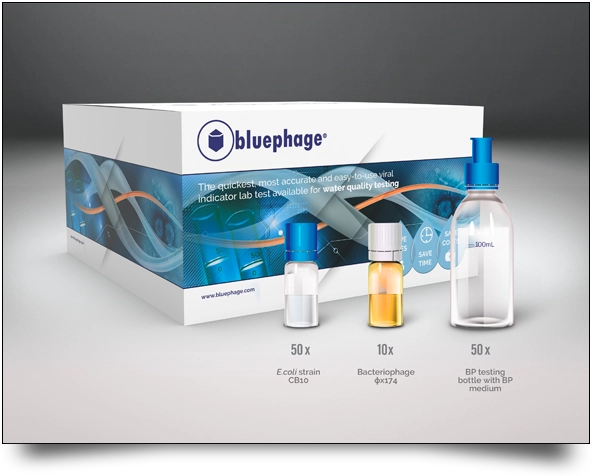BLOG | Bluephage
Norovirus outbreak on cruise ships: a persistent challenge

Cruise ships often report outbreaks of norovirus, a recurring problem of which the health authorities and the travel industry are aware. Despite rigorous pre-cruise medical examinations, the reality is that passengers are exposed to possible contamination once they disembark at the various ports of call. In just 48 hours of exposure, people can begin to spread the virus in massive quantities, contributing to rapid transmission on board.
Norovirus is highly contagious and is spread mainly through contaminated food and water, surfaces touched by infected people, and direct contact with infected people.
Even the best sanitation protocols on ships have difficulty containing outbreaks once the virus is introduced. Given the large number of passengers in confined spaces, combined with frequent stops in various locations, controlling norovirus remains a major challenge.
Preventive measures: hygiene and water quality control
Individual hygiene is only part of the solution. A more proactive and scientific approach to water quality control could significantly reduce the risk of viral contamination before an outbreak occurs.
One of the crucial aspects of norovirus control is monitoring water. Water sources used on board, such as drinking water, swimming pools and wastewater systems, can serve as reservoirs of viral contamination. Monitoring somatic coliphages, which are viral indicators present in water, can provide early warning signals of potential contamination risks.
By using Bluephage test kits, health services and ship safety teams could:
- Detect the presence of viral contamination in water sources before passengers are exposed
- Implement corrective measures before an outbreak spreads
- Reinforce general health protocols on board with real-time data
Cruise lines invest heavily in cleaning and sanitation, but adding viral water quality monitoring as a standard safety measure could be crucial in the prevention of norovirus. By incorporating Bluephage kits into routine testing protocols, ships could take a proactive, data-driven approach to detecting and mitigating viral threats before they turn into large-scale outbreaks.


